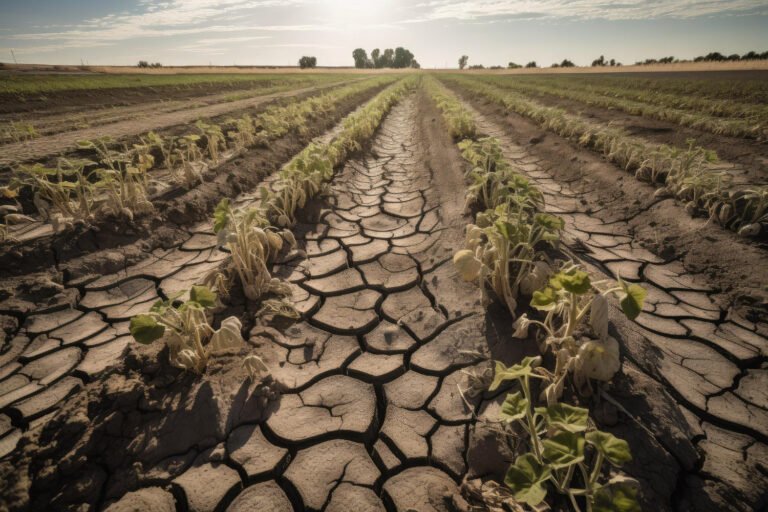COP29: AI’s Role in Developing Climate-Resilient Crops for Africa
As the 29th Conference of the Parties (COP29) approaches, discussions are intensifying around leveraging artificial intelligence (AI) to enhance agricultural resilience in Africa. AI offers transformative potential in developing climate-resistant crops, but it’s crucial to ensure that these advancements benefit local communities rather than being dominated by corporate interests.
AI’s Potential in Agriculture
AI can revolutionize agriculture by:
- Predicting Climate Impacts: AI models can forecast how climate change will affect crop yields, enabling proactive adaptation strategies.
- Enhancing Breeding Programs: Machine learning algorithms can identify desirable traits, accelerating the development of climate-resilient crop varieties.
- Optimizing Resource Use: AI can analyze data to improve irrigation, fertilization, and pest control, increasing efficiency and sustainability.
Concerns Over Corporate Control
While AI holds promise, there’s apprehension about its control by large corporations. If monopolized, these technologies might prioritize profit over the needs of African farmers, potentially leading to:
- Limited Access: Smallholder farmers may face barriers to adopting AI-driven solutions due to cost or lack of infrastructure.
- Data Privacy Issues: Corporations could exploit farmers’ data without fair compensation or consent.
- Dependency Risks: Over-reliance on proprietary technologies might reduce local agricultural autonomy.
Recommendations for Equitable AI Integration
To ensure AI benefits African agriculture equitably, the following measures are recommended:
- Public-Private Partnerships: Collaborations between governments, NGOs, and private entities can promote inclusive technology development.
- Open-Source Platforms: Developing open-access AI tools can democratize technology use and foster innovation.
- Capacity Building: Investing in local expertise and infrastructure will empower communities to utilize AI effectively.
- Regulatory Frameworks: Implementing policies that protect farmers’ rights and data privacy is essential.
As COP29 deliberates on climate strategies, it’s imperative to advocate for AI applications in agriculture that are inclusive, transparent, and beneficial to African farmers, ensuring that technological advancements do not exacerbate existing inequalities.







